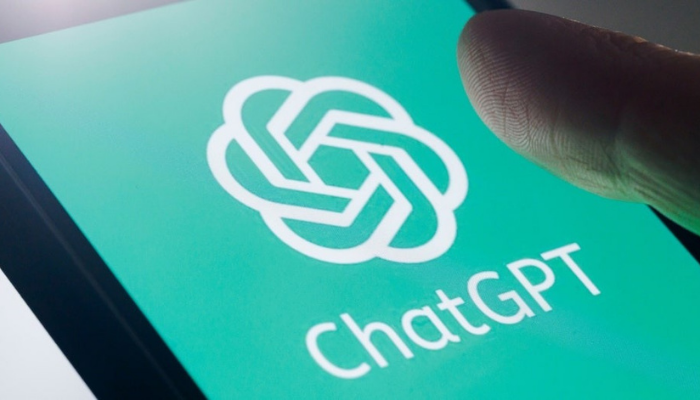OpenAI to compensate Axel Springer for accessing its content, including paywalled stories
On Wednesday, Axel Springer, the publisher of Business Insider and Politico, announced a partnership with OpenAI. Under this arrangement, OpenAI will compensate Axel Springer to enable ChatGPT to summarize current articles in the chatbot’s responses. The collaboration aims to provide ChatGPT users worldwide with summaries of selected global news content from Axel Springer’s media brands, including the German tabloid Bild, according to a joint statement from the two companies.
The chatbot will provide responses containing content typically restricted by a paywall, along with “links to the complete articles for clarity and additional information,” according to statements. Axel Springer will receive compensation for granting access to its content to the American artificial intelligence company, as confirmed by a spokesperson for the media group to AFP. The agreement spans multiple years and does not bind either party to exclusivity, allowing them the flexibility to enter into new agreements, the spokesperson added, without providing further specifics.
In contrast, some media entities have opted to shield their content from the insatiable appetite of AI, preventing platforms like ChatGPT from accessing and replicating their text. CNN, the New York Times, Disney (owner of ABC), Bloomberg, and the Guardian have implemented measures to prevent ChatGPT’s web crawler from aggregating their content for the purpose of training the chatbot to mimic human writing. OpenAI has faced multiple lawsuits alleging the use of copyrighted materials in ChatGPT’s training, though the company refutes these accusations.
Earlier versions of ChatGPT were limited to generating responses based on a dataset containing information up to 2021. In recent months, OpenAI has taken strides to enhance the chatbot’s capabilities, enabling it to incorporate more up-to-date information.
The spokesperson from Axel Springer expressed that media companies, in the wake of platforms like Google and Facebook, missed the chance to establish a fresh revenue stream, noting that they are still trying to catch up with financial opportunities. Axel Springer’s CEO, Mathias Döpfner, described the collaboration with OpenAI as “the first of its kind” in the official statement.
Döpfner emphasized, “We aim to delve into the possibilities of AI-empowered journalism, aiming to elevate the standards of quality, societal relevance, and the overall business model of journalism.” He had previously cautioned about the potential of AI to “replace” journalism, while the group has been actively pursuing its own AI-driven initiatives.
In the official statement, Brad Lightcap, OpenAI’s chief operating officer, stated that partnering with Axel Springer would “contribute to offering individuals novel avenues for accessing high-quality, up-to-the-minute news content through our AI tools.”
While AI chatbots like ChatGPT can swiftly produce essays, poems, and more, concerns exist that these bots might inadvertently propagate false, nonsensical, or offensive content in their responses to user queries—commonly referred to as “AI hallucinations.
